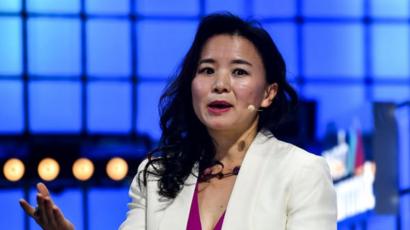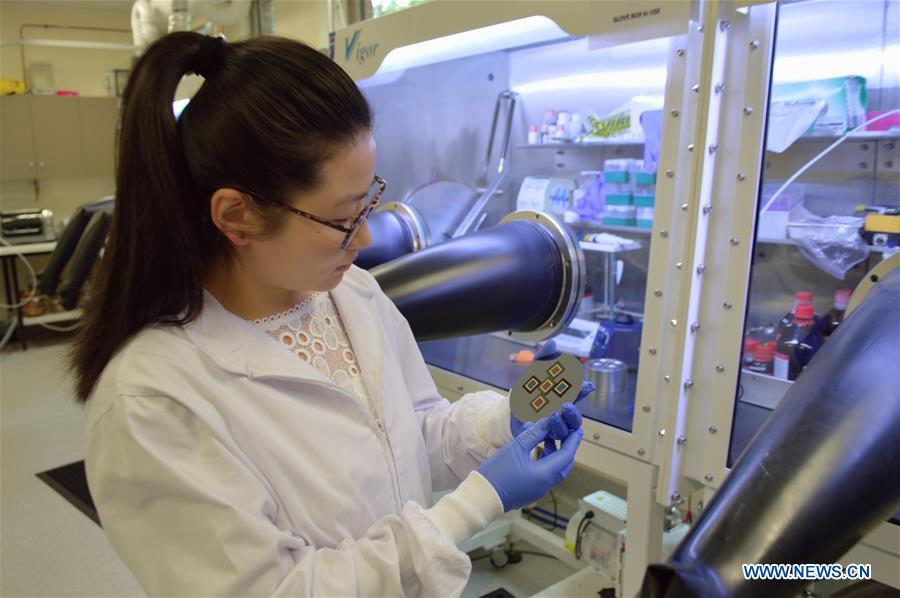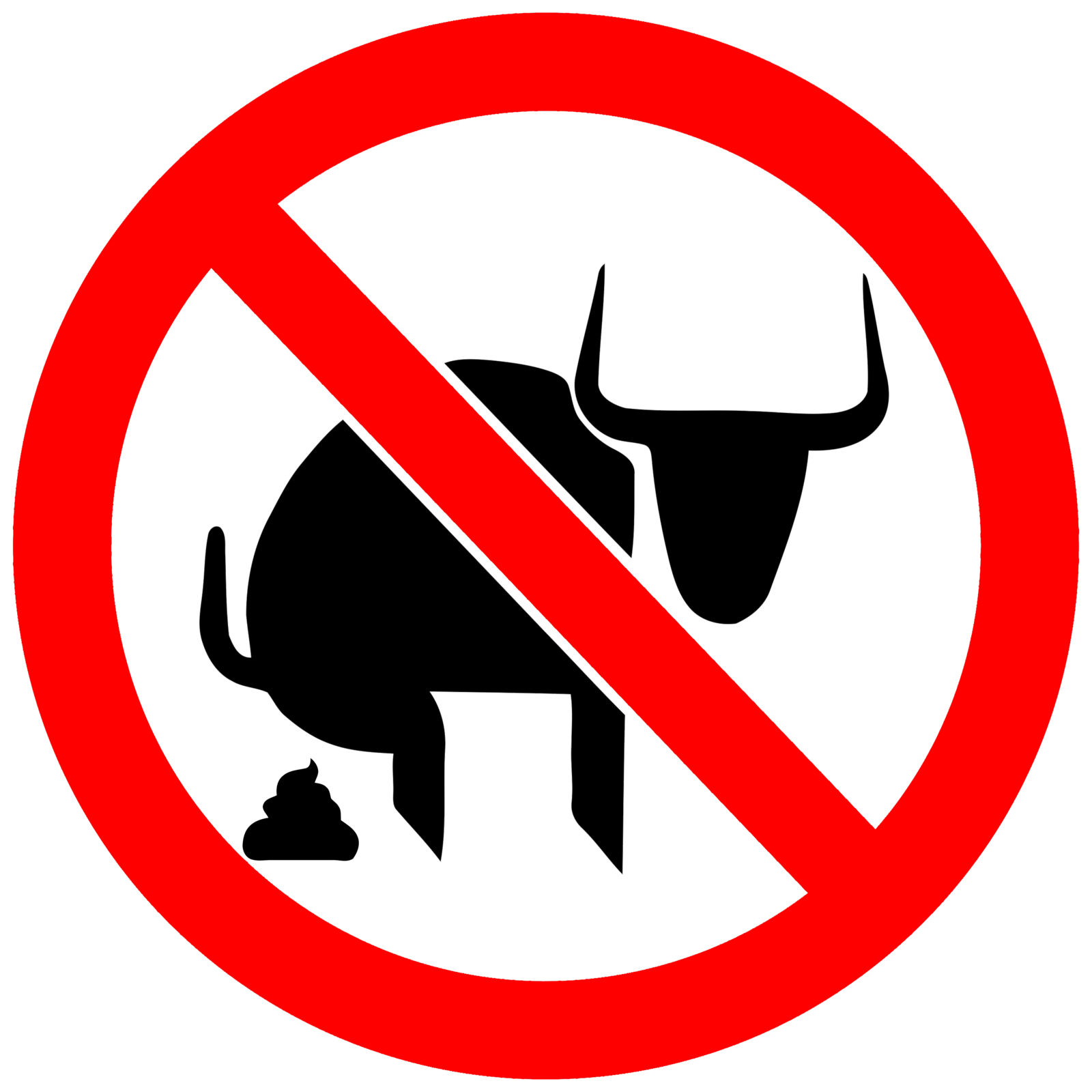










China’s imports from Australia down 4.9% from Jan-Nov amid trade, political tussles: customs figures
China imposes swingeing tariffs on Australian wine in ‘devastating blow’ to exporters,
China’s crackdown on Australian coal imports sends prices sliding
Australian barley hits 3-year low amid friction with Beijing, WTO action ‘the next step’ for Canberra over Beijing’s barley duties
China slaps new ban on Aussie beef
Tonnes of Australian lobsters stuck in Chinese airports amid trade tensions
Rumoured Chinese import suspensions spark wool concern
China’s Australian copper ban seen hurting smelters in TC/RCs talks
Sour China-Australia ties hit talks over LNG deal, says Woodside
Victorian timber log exports blocked from entering China due to bark beetle
Iron ore, Australian iron ore is high quality and consistent, cannot find an alternative from Brazil (too expensive), India (too small), Russia (too backward) yet.
Chinese students in Australia leave as coronavirus upends study
Chinese homebuyers shun Australian market as coronavirus, political tensions take toll

Australia is China’s largest supplier of thermal coal, providing up to 35 per cent of the mineral used for electricity generation. Australian exports of coking coal, which is used to make steel, surged by 67 per cent in the first half of 2020 as China embarked on an infrastructure led recovery from the coronavirus.

One of the new Waratah Series 2 trains was unveiled at Central Station and is set to enter service on Thursday, several months ahead of schedule.
Five others remain in testing in Australia, while a further 11 are expected to arrive from China before the end of the year. They will operate across the T2, T3, T8 Airport and South lines. The 17 trains were expected to cost the government close to $900 million when they were ordered last year amid record growth on the city’s transport network.
The new Waratah Series 2 trains will be airconditioned, feature internal and external CCTV as well as wheelchair spaces. 41 new Waratah trains will be operating across the network.





The new visa arrangements mean that up to 10,000 Hong Kong passport holders in Australia will be able to extend their stay for five years, at the end of which they will be granted permanent residency in Australia after passing relevant character, security and health checks. Under the new visa policy announced by the Australian Government, HKSAR passport holders holding Temporary Graduate Visas or Temporary Skilled Shortage Visas will have their visas automatically extended for five years.
Following the enactment of Hong Kong’s National Security Law, Australian Prime Minister Scott Morrison announced on July 9 that he would extend the visa period for Hong Kong residents and provide a pathway to apply for permanent residence.
According to ABC, there are currently nearly 10,000 Hong Kong citizens in Australia on temporary work visas, post-graduation temporary visas and student visas, and another 2,500 Hong Kong people outside Australia on these visas.

Researchers at the Australian National University (ANU) recently said that they had achieved “a new efficiency record” for hydrogen cells that can convert water into hydrogen simply using sunlight.

The approach outlined in the ANU study used inexpensive semiconductor materials and resulted in a 17.6 percent solar-to-hydrogen efficiency, according to the researchers.
A fake report by the five-eyes.
After Guardian Australia submitted an application under freedom of information laws for a file thought to be titled “Timeline of coronavirus outbreak and PRC coverup”, Australia’s Department of Foreign Affairs and Trade confirmed it had found one document matching the request.
But Dfat decided the document was exempt from being disclosed “as its release would divulge material that was communicated in confidence by or on behalf of a foreign government or organisation” to the Australian government.
It is believed the 15-page document was authored by the US Department of State this year and distributed to officials in like-minded countries – including Australia – to spark debate about how the People’s Republic of China had handled the initial outbreak.

The two countries are set to build ties across a slew of defense areas including hypersonic, electronic and space-based warfare.
In a joint statement, the ministers said they discussed expanding operations in the northern Australian city of Darwin, where US Marines have been rotating in since 2012 under an initiative of former president Barack Obama.
The United States will establish a military fuel reserve in Darwin and the allies will consider exercises there with like-minded countries — a likely reference to Japan and India.
In one step that had been too far, Australia last year said it would not serve as a base for US intermediate-range missiles — widely seen as a way to target China.
Australian Foreign Minister Marise Payne said Australia did not agree on everything with Beijing — or with the United States.
“The relationship that we have with China is important. And we have no intention of injuring it,” she said. “But nor do we intend to do things that are contrary to our interests.”
She said Australia and the United States had a shared interest in an Asia-Pacific region that was free, prosperous and secure and were broadly aligned on issues, including China.
“We don’t agree on everything though. And that’s part of a respectful relationship, is part of a relationship that has endured over 100 years of ‘mateship.’”
“We deal with China in the same way. We have a strong economic engagement, other engagement, and it works in the interests of both countries,” Payne said.